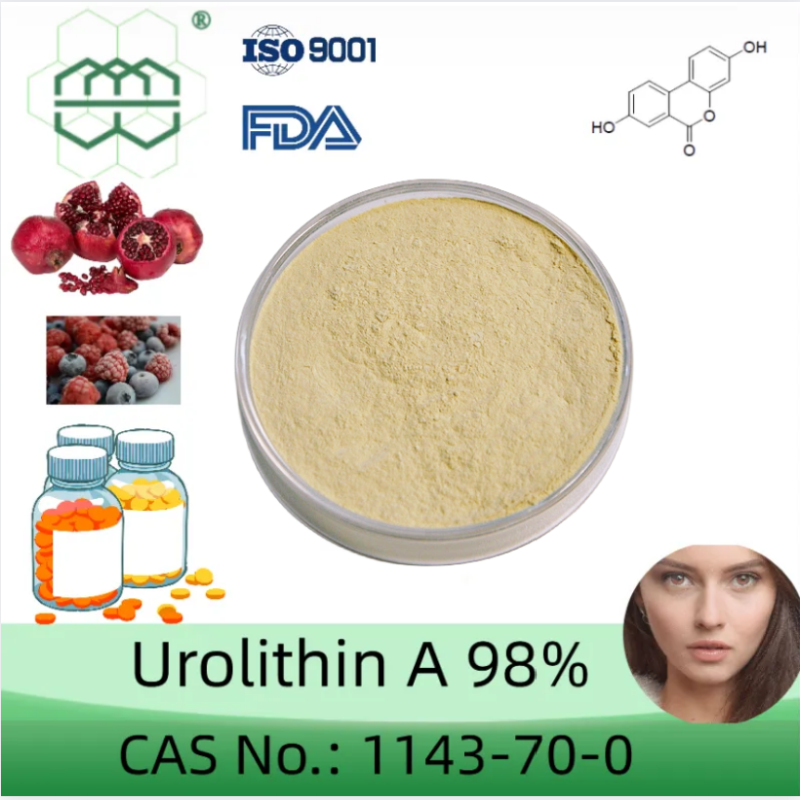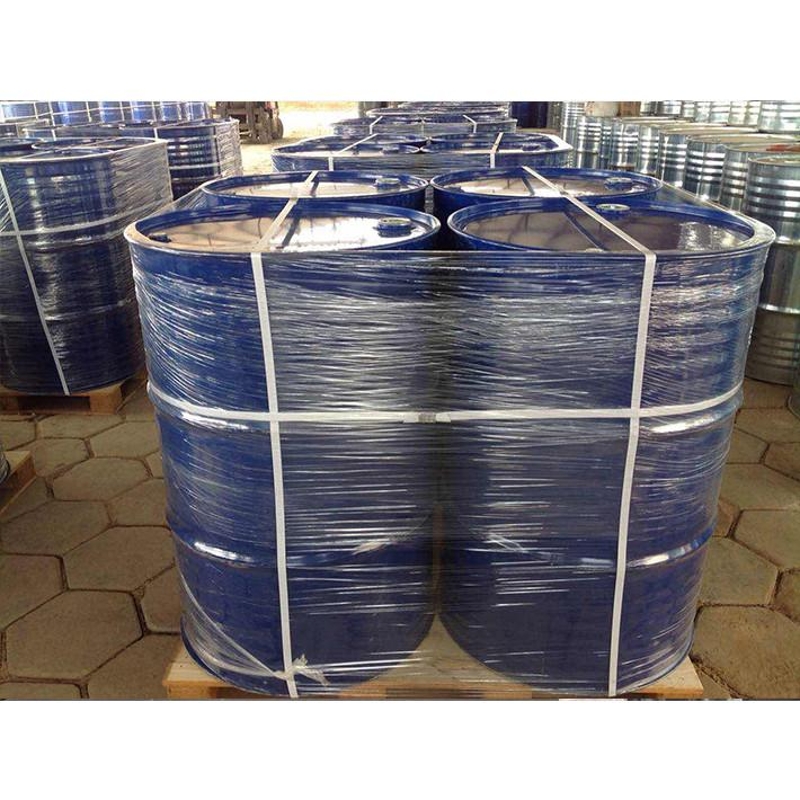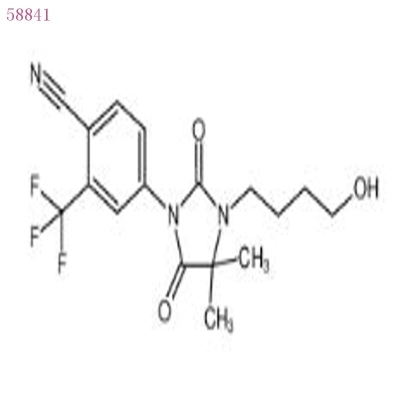-
Categories
-
Pharmaceutical Intermediates
-
Active Pharmaceutical Ingredients
-
Food Additives
- Industrial Coatings
- Agrochemicals
- Dyes and Pigments
- Surfactant
- Flavors and Fragrances
- Chemical Reagents
- Catalyst and Auxiliary
- Natural Products
- Inorganic Chemistry
-
Organic Chemistry
-
Biochemical Engineering
- Analytical Chemistry
-
Cosmetic Ingredient
- Water Treatment Chemical
-
Pharmaceutical Intermediates
Promotion
ECHEMI Mall
Wholesale
Weekly Price
Exhibition
News
-
Trade Service
Pesticide cereals EU
The European Commission, an EU government agency, proposed the Sustainable Use of Pesticides Regulation in June this year, which plans to reduce the use of compounds by 50%
by 2030.
But an impact assessment noted that the implementation of the regulation appears to have reduced production
.
Russia's conflict with Ukraine has raised energy prices for food producers and also lowered the prices
of grains and other commodities imported from these countries.
by 2030.
But an impact assessment noted that the implementation of the regulation appears to have reduced production
.
Russia's conflict with Ukraine has raised energy prices for food producers and also lowered the prices
of grains and other commodities imported from these countries.
In addition, the regulation prohibits the use of all chemical pesticides
in areas such as parks or gardens, as well as in different urban areas.
in areas such as parks or gardens, as well as in different urban areas.
This regulation has been questioned
by many parties after its release.
In countries such as Spain, if pesticide use is cut by 50%, production will drop
significantly.
Even within the European Commission, there are some signs
of misgiving.
This provision is particularly unpopular in Europe, where the dosage of pesticides commonly used in European countries has been reduced and it would be unfair for each country to reduce similar doses
.
They argue that perhaps only more developed EU countries can afford less dangerous chemicals
.
Currently, 10 states in Poland have requested exemptions from the legislation
.
The Czech Republic, which holds the EU's rotating presidency, said it could not find a compromise on the directive before the end of the year
.
by many parties after its release.
In countries such as Spain, if pesticide use is cut by 50%, production will drop
significantly.
Even within the European Commission, there are some signs
of misgiving.
This provision is particularly unpopular in Europe, where the dosage of pesticides commonly used in European countries has been reduced and it would be unfair for each country to reduce similar doses
.
They argue that perhaps only more developed EU countries can afford less dangerous chemicals
.
Currently, 10 states in Poland have requested exemptions from the legislation
.
The Czech Republic, which holds the EU's rotating presidency, said it could not find a compromise on the directive before the end of the year
.
An EU diplomat said it would be irresponsible to shift to cutting utilization when businesses had to develop additional sustainable alternatives
.
There was a need to ensure that alternatives were available, but not overnight, production cuts were unacceptable and the timing and modalities
of implementation must be discussed.
.
There was a need to ensure that alternatives were available, but not overnight, production cuts were unacceptable and the timing and modalities
of implementation must be discussed.
The EU farmers' group Copa-Cogeca is pushing to postpone or abandon some unrealistic initiatives
.
Copa-Cogeca co-chair Christiane Lambert said Monday that pesticide price cuts were "unrealistic.
"
Farmers are already reducing the number of crops they grow due to rising prices, largely due to energy costs and drought conditions in many parts of
Europe.
The group estimates that the EU cereal harvest is expected to be 269 million tonnes this year, down 7 percent
from 2021.
Imports from Ukraine and Russia have also declined
as a result of the Russian-Ukrainian conflict.
.
Copa-Cogeca co-chair Christiane Lambert said Monday that pesticide price cuts were "unrealistic.
"
Farmers are already reducing the number of crops they grow due to rising prices, largely due to energy costs and drought conditions in many parts of
Europe.
The group estimates that the EU cereal harvest is expected to be 269 million tonnes this year, down 7 percent
from 2021.
Imports from Ukraine and Russia have also declined
as a result of the Russian-Ukrainian conflict.







